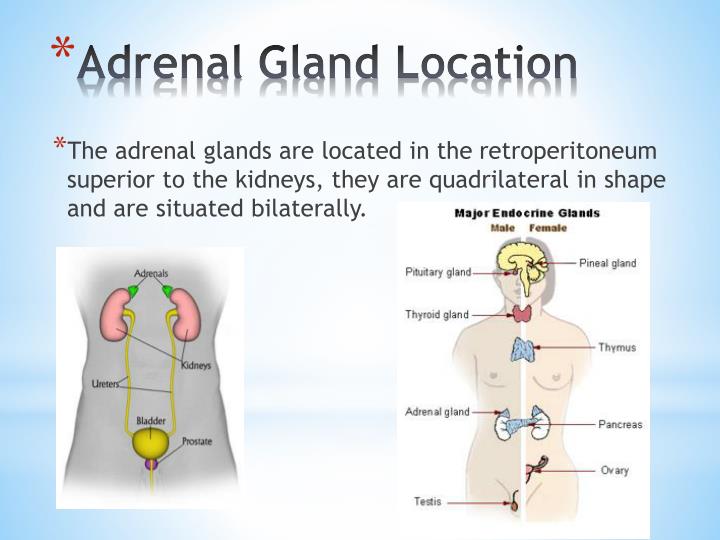


The pancreas has both endocrine and exocrine functions because besides releasing hormones into the blood.

For example, sweat produced by sweat glands is released into ducts that carry sweat to the surface of the skin. Exocrine glands secrete chemicals through ducts that lead outside the gland (not to the blood). The endocrine glands differ from the exocrine glands. Examples of endocrine organs include the pancreas, which produces the hormones insulin and glucagon to regulate blood-glucose levels, the adrenal glands, which produce hormones such as epinephrine and norepinephrine that regulate responses to stress, and the thyroid gland, which produces thyroid hormones that regulate metabolic rates. The cells that secrete hormones are often located in specific organs, called endocrine glands, and the cells, tissues, and organs that secrete hormones make up the endocrine system. Hormones are released into body fluids, usually blood, which carries them to their target cells where they elicit a response. One mechanism of communication between neighboring cells, and between cells and tissues in distant parts of the body, occurs through the release of chemicals called hormones. Maintaining homeostasis within the body requires the coordination of many different systems and organs. Many of the hormones are secreted in response to signals from the nervous system, thus the two systems act in concert to effect changes in the body. The changes brought about in the receiving cells affect the functioning of the organ system to which they belong.
:max_bytes(150000):strip_icc()/addisons-disease-symptoms-cause-diagnosis-treatment-4172782_FINAL-5c4550a546e0fb0001420c10.png)
Hormones circulate throughout the body and stimulate a response in cells that have receptors able to bind with them. These cells may compose endocrine glands, may be tissues or may be located in organs or tissues that have functions in addition to hormone production. Cells of the endocrine system produce molecular signals called hormones. The endocrine system coordinates with the nervous system to control the functions of the other organ systems. The endocrine system produces hormones that function to control and regulate many different body processes.


 0 kommentar(er)
0 kommentar(er)
